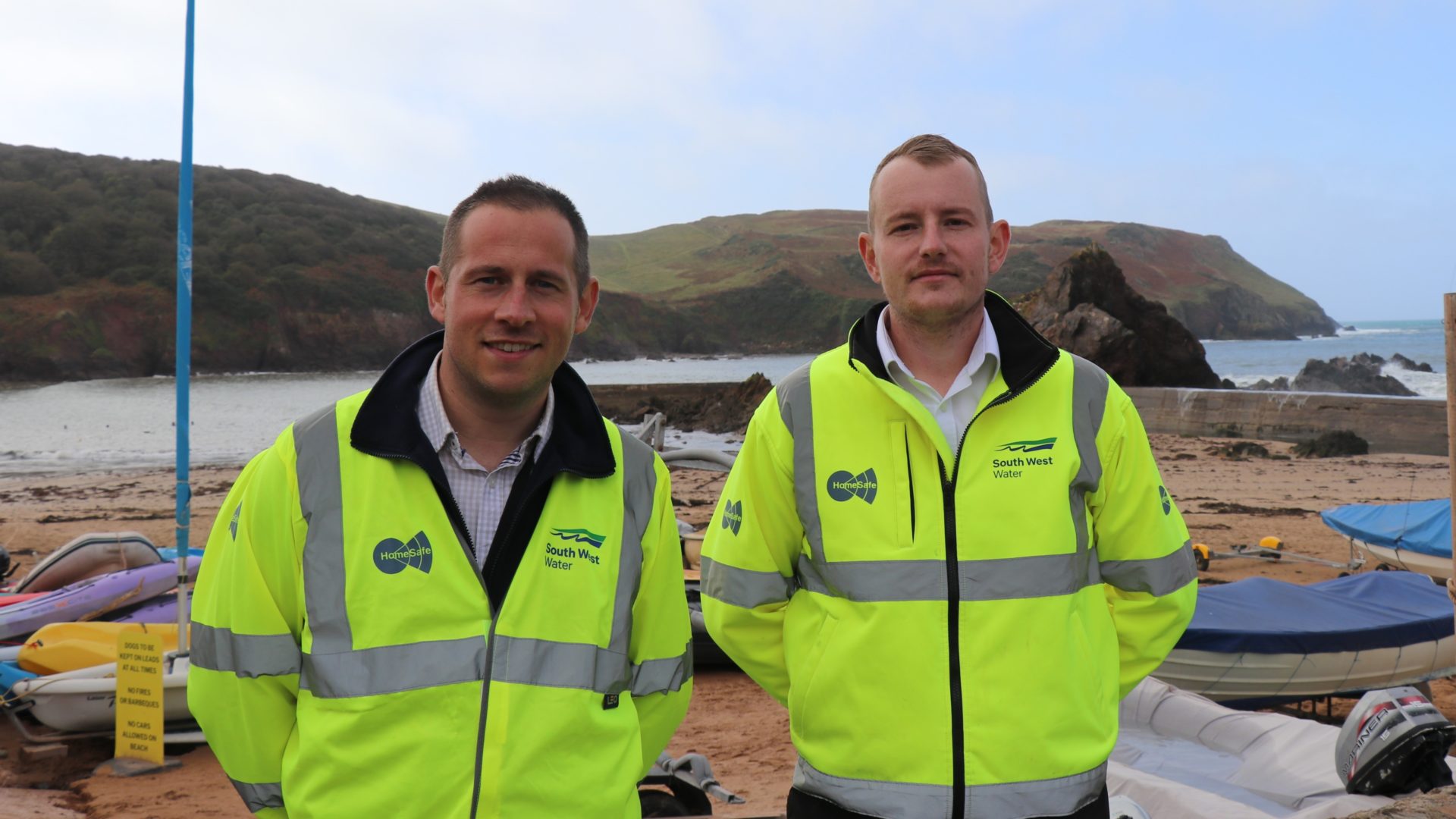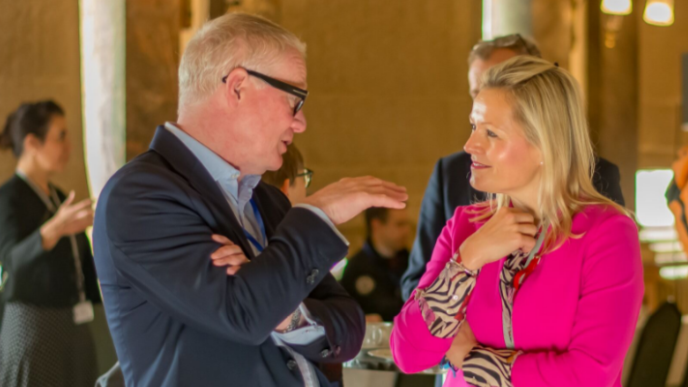South West Water is working to keep the region’s sewers free from unwanted fats, oils and greases in a bid to reduce blockages.
It’s estimated that 200,000 wet wipes are flushed down our region’s toilets each day, while 48% of people nationally have openly admitted to pouring fats, oils and grease – collectively known as FOG – down the drain.
South West Water spent £3 million fixing over 6,400 blockages last year, of which 75% were caused by wipes and fats. When these combine, it can cause fatbergs within the sewer and lead to pollutions to the environment.
To tackle this, the water company and environmental compliance experts, ECAS, are working with businesses and food outlets across the region to inform them about how to best dispose of FOGs in a way that protects the wastewater network and prevents blockages from occurring.
As part of this work, teams recently visited Hope Cove in South Devon to survey local sewers using CCTV cameras to spot where fats are starting to build up. South West Water and ECAS then work with the local community on ways to reduce the amount of FOG entering the system.
Food businesses in the area are making a difference by installing special grease-trapping equipment – preventing potential issues before they occur.
Over the past 20 months, more than 370,000 litres of fats, oils and grease have been stopped from going down the drain in food establishments across the region as a result of this work.
South West Water is supporting Unblocktober, the world’s first month-long national campaign and awareness month aimed at changing our kitchen and bathroom habits at home and at work. Throughout October the campaign encourages people to commit to only flushing pee, poo and (toilet) paper down the toilet, and not pouring fats, oils and greases into drains.
Rob Redding, South West Water’s Recovery & Treatment Manager, said:
“Fats, oils and greases can form together in our network, pumping stations and treatment works to create blockages and fatbergs, which can cause havoc.
“Each year we clear thousands of blockages, many of which are caused by the wrong things entering our sewers. That’s why we’re working hard to engage with local communities and businesses to stop these things entering our network in the first place.”
Marc Downes, Operations Manager at ECAS, said:
“The response from the business owners we’ve worked with has been fantastic. Every item of fat, oil and grease that is stopped from going down into the network helps prevent it from getting blocked.
“Whilst Unblocktober is about spreading the message more widely about how to protect our drains and the environment from damage, our work with South West Water will continue all-year round, and we’re proud of the progress that’s been made.”



